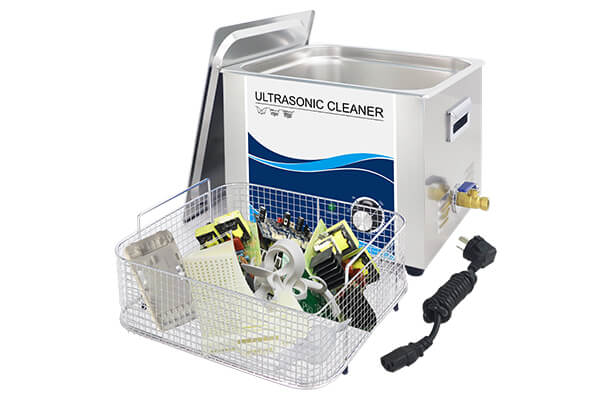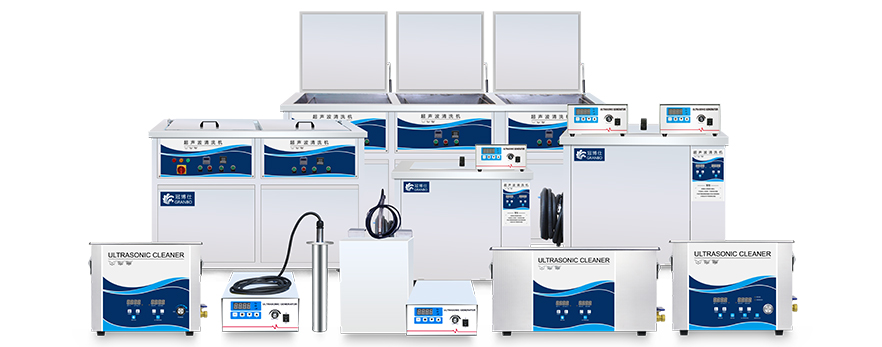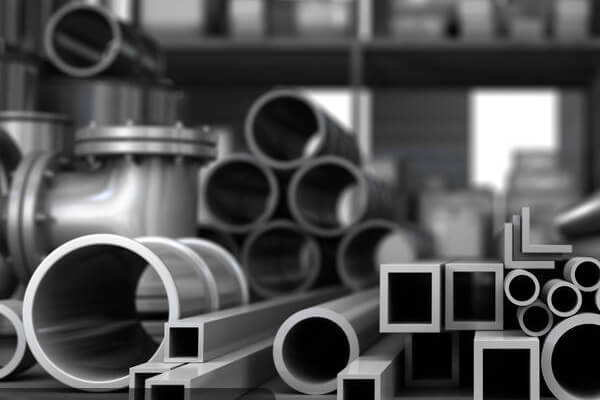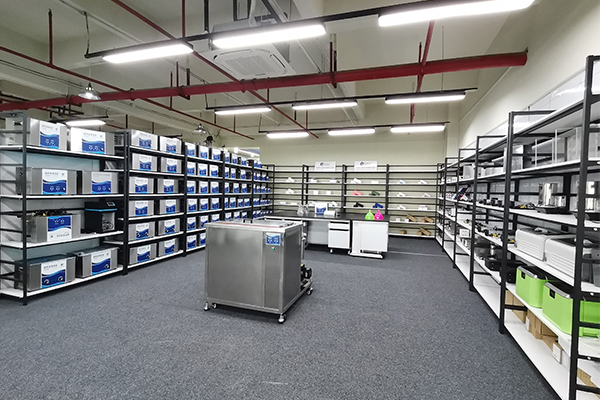In a world that moves fast and demands cleanliness, we’re all looking for tools that make life easier without cutting corners. From foggy glasses and grimy jewelry to grease-covered machine parts and lab instruments, keeping things spotless is both a necessity and a challenge. That’s where the ultrasonic cleaner enters the picture.
You may have seen one at the dentist’s office, a watch repair shop, or a jeweler’s bench—small machines with a quiet hum and big cleaning power. But what about your needs? Do you really need an ultrasonic cleaner at home or at work?
Let’s break down what ultrasonic cleaning is, what it does well, and who benefits the most. The answer might surprise you.
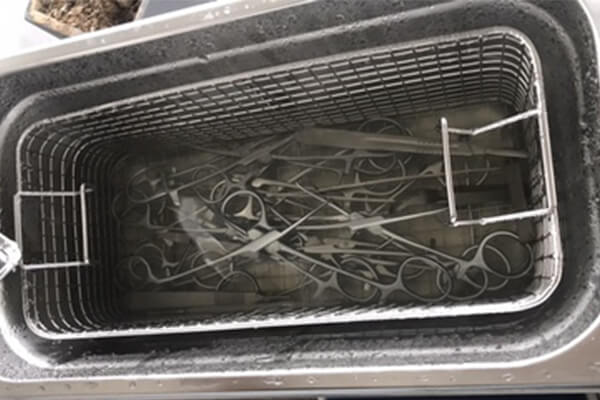
What Exactly Is an Ultrasonic Cleaner?
An ultrasonic cleaner uses high-frequency sound waves—usually 20kHz to 48kHz or higher—to generate microscopic bubbles in a liquid bath. This process, called cavitation, produces intense scrubbing action at a molecular level. These tiny bubbles reach into cracks, grooves, blind holes, and intricate areas that brushes and cloths simply can’t touch.
There’s no harsh friction, no scratches, and no guesswork. Just deep, even cleaning—fast and hands-free.
Signs You Might Need an Ultrasonic Cleaner
Not everyone needs one. But if any of the following rings true, an ultrasonic cleaner could become your new favorite tool:
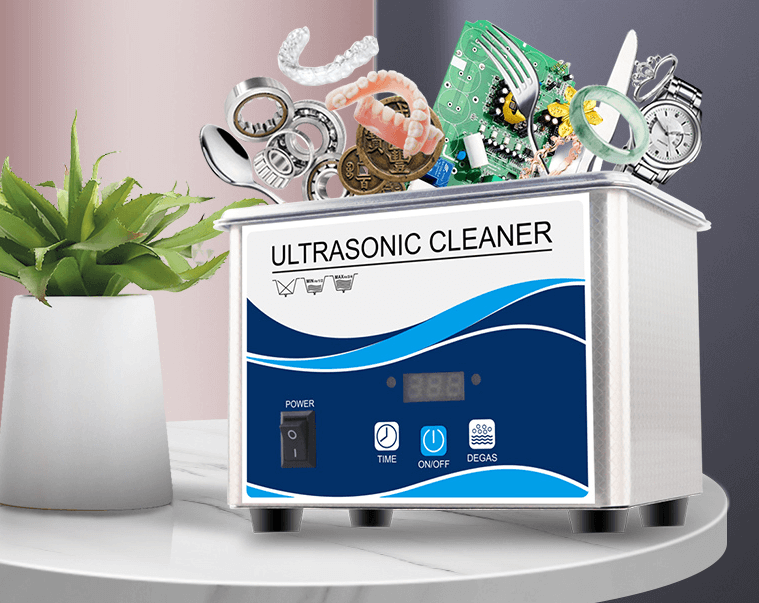
Wear jewelry daily: Rings, necklaces, earrings, and watches accumulate oils, dirt, and soap residue. Regular ultrasonic cleaning restores their shine without damaging delicate stones or metal.
Use dental appliances: Retainers, dentures, Invisalign trays, and night guards need daily care. An ultrasonic cleaner ensures they’re fresh and bacteria-free—far better than just brushing or soaking.
Wear glasses or work with optics: Eyeglasses, sunglasses, and camera lenses benefit from streak-free, scratch-free ultrasonic cleaning, especially in hard-to-reach corners.
Handle small tools or hardware: If you fix electronics, repair watches, restore firearms, or tinker with small engines, ultrasonic cleaning removes grease, carbon, and grime with unmatched precision.
Work in a lab, clinic, or shop: Ultrasonic cleaners are essential in professional settings where sterility, precision, and thoroughness matter. They’re used for cleaning labware, surgical tools, circuit boards, tattoo needles, and more.
Value convenience: Hate hand scrubbing? Want faster results? Ultrasonic cleaners do the dirty work for you, saving time and effort while delivering better results.
What Can You Clean With One?

The versatility of ultrasonic cleaners is what makes them so appealing. Here’s just a glimpse of what you can toss into the tank:
Jewelry, watches, coins, and collectibles
Eyeglasses, sunglasses, and optical components
Dentures, retainers, aligners, and mouthguards
Razor heads, electric toothbrush parts, makeup tools
Printer heads, circuit boards, and PC components
Gun parts, airbrushes, and automotive carburetors
Small metal parts, bearings, screws, and valves
Lab glassware and pipettes
Of course, not everything is suitable. Items with porous surfaces (like wood or leather), delicate coatings, or glued components may not fare well. But for most hard, water-safe items, ultrasonic cleaning is a game-changer.
What Kind of Ultrasonic Cleaner Should You Get?
If you’re convinced, the next step is choosing the right device. Here are some things to consider:
Tank size: Small countertop models (600ml–2L) are great for personal use—jewelry, glasses, dental items. Larger units (3L–15L or more) are ideal for industrial parts or multiple items at once.
Frequency: Higher frequencies (40kHz–48kHz) are better for delicate cleaning. Lower ones (28kHz–35kHz) provide stronger cavitation for tougher grime.
Timer and temperature control: A good cleaner lets you adjust cycle length and water temperature for better results. Many contaminants dissolve more easily around 50–60°C.
Extras: Some models include baskets, drying racks, degassing functions, or even UV sterilization.
Granbo Ultrasonic Cleaners: Reliable, Safe, and Versatile
If you’re looking for a dependable, high-performance machine—whether for home use or professional settings—Granbo ultrasonic cleaners are worth your attention.
Granbo offers a wide range of ultrasonic units tailored to different user needs. With dual-frequency options, intelligent temperature control, and silent operation, they bring precision and convenience into your daily workflow. From dental clinics and repair shops to household counters, Granbo cleaners deliver consistent results with minimal effort.
Models like the GC01U come with UV sterilization, providing an extra layer of hygiene for oral appliances and personal items. With tank sizes ranging from compact to large-capacity, and features like multi-mode cleaning and corrosion-resistant stainless-steel tanks, Granbo supports everything from gentle jewelry care to heavy-duty industrial cleaning.
Whether you clean once a day or once a week, the right ultrasonic cleaner should make life easier—not more complicated. That’s exactly what Granbo sets out to achieve.
Final Thoughts: Is It Worth It?
If you regularly clean small, detailed, or delicate items—and want better results with less effort—then yes, you probably do need an ultrasonic cleaner. It’s not a luxury; it’s a smart tool that makes cleaning faster, safer, and more effective.
Think of it like this: You wouldn’t polish a diamond with sandpaper. You wouldn’t scrub your glasses with steel wool. Ultrasonic cleaning is about gentle power, where precision meets performance. And with the right machine—like one from Granbo—you’ll wonder why you didn’t get one sooner.
